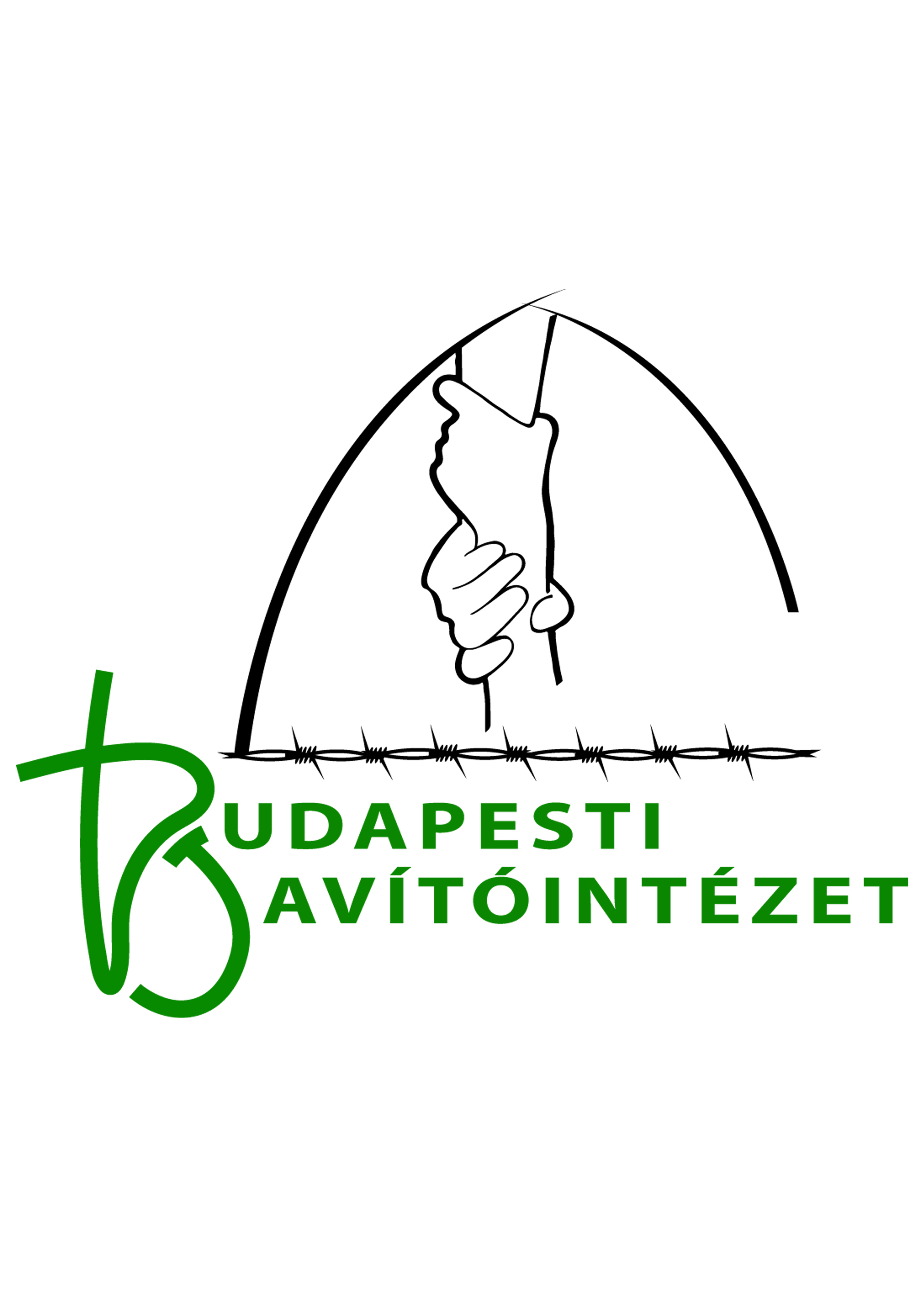Introducing The Reformatory of Budapest, Hungary
Since 1st of May 1997, there is an opportunity to execute the pre-trial detention in a reformatory institution of a juvenile offender. There are five reformatories across Hungary, one of which is the Reformatory of Budapest (Budapesti Javítóintézet). We are able to accommodate 100 juvenile boys between the age of 12 to 21 throughout the country. The primary purpose is to protect them from prison harm, to survey, educate, prepare them for work and confirm whether they are mentally and physically fit for life when they are released, in order to become useful members of the society.
There is a widespread view that juvenile offenders should only be confined as a last resort, and in their case the focus of the criminal justice system should be on their education and reintegration into the society. According to international regulation, individuals under the age of 18 are considered underage, and this should be the primary view driving all legal resolutions. Article 37 of the Convention on the Rights of the Child established in New York on the 20th of November 1989 by the United Nations, clearly stipulates that the arrest, detention or imprisonment of a young person should only be applied as a last resort, and only for the shortest possible time period. The objective of this accord is the correction and education of juveniles and not their punishment. In case of certain offenses, according to the new Criminal Act which came into force on the 1st of July 2013, the minimum age of criminal responsibility was lowered. Children between the age of 12 to 14 can be charged for homicide, voluntary manslaughter, bodily harm, robbery and looting in case the child can judge the consequences of his/her actions. Children under 14 can not be sent to penitentiaries and their special education in juvenile reformatories can be ordered. The lowering of criminal age was criticized by NGOs mainly because Hungary’s current youth justice system fails to meet the special needs of children.
Our institution works with teachers, psychologists and social workers in order to assist the development of the juveniles in every aspect of their lives. The institution operates under the law, however with a pedagogical content, which in fact is the Special requirement. The boys are under-educated compared to their peers and with significant July 14, 2016 school-year lags. Their social background is influenced by poverty, by their parents’ social status, by the financial status of the family and by alcohol and drug abuses. The main struggle of the juveniles is to keep the order and rules of the institution. We follow a consequential system in the Reformatory. The institute consists of several areas: the remand home (Nevelőotthon), the School, the Refectory (Ebédlő) and Work area (Munkafoglalkoztatás).
The Remand home is split into night rooms and sitting area where the juveniles can spend their afternoon time. The juveniles live within separeted groups based on their age; juveniles under the age of 14 live in a distinct group. There are 10-12 persons within a group supervised by 2-3 educators and a teacher. At the moment we have 8 groups in our institution. During weekdays they attend school from 7.30 am to midday. The school operates various classes from elementary to high school. After finishing school time and having been validated by security checks, the boys are transferred to the Remand Home area. In the afternoon the boys are engaged in sport activities and various group occupations. Our main operational policy highlights the importance on therapeutic principles. We offer many types of therapeutical activities, such as drawing, music, story telling, theatre, etc. Our mental-hygienic team, which includes psychologists, counsellors and sociologist-criminologists, keep individual and collective sessions on an on-going basis.
In Hungary, Reformatories are part of the Child Protection System. Juvenile offenders arrive in the Institution in handcuffs, however the pedagogic method is of high importance as well as the high level security over the 24 hours ensured by CCTV cameras and by the teachers. The boys can only leave the institution accompanied by members of the police, or the court has ruled that they cannot be detained any longer. Family and friends can visit the boys every two weeks, whereas telephone calls can be made on daily basis; mail and parcels can also be received. On average, the pre-trial detention last for 1.5-2 years and the judge orders the juveniles to legally binding reformatory education. After the pre-trial detention expires, the boys must leave the institution.
